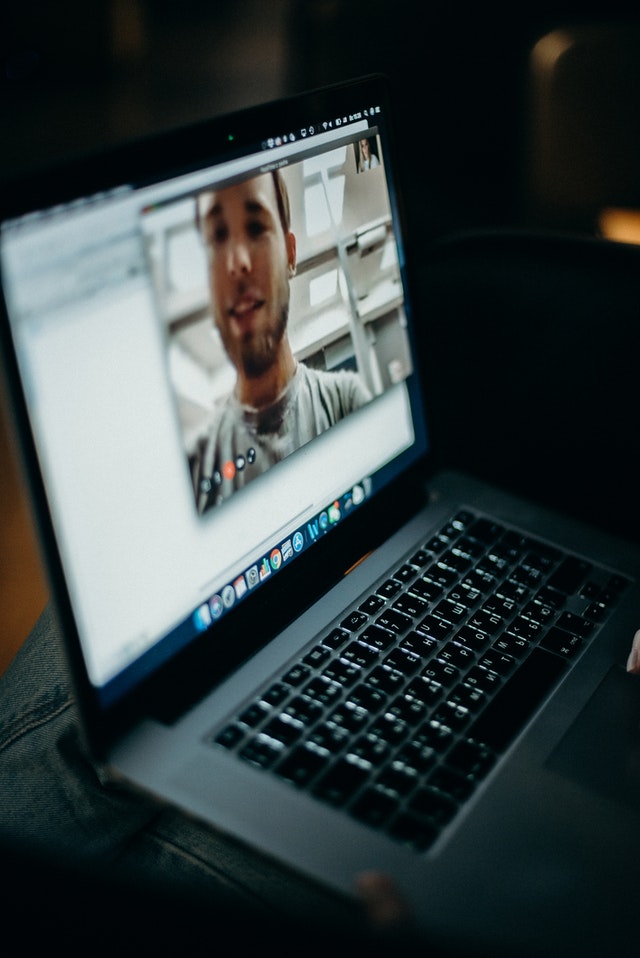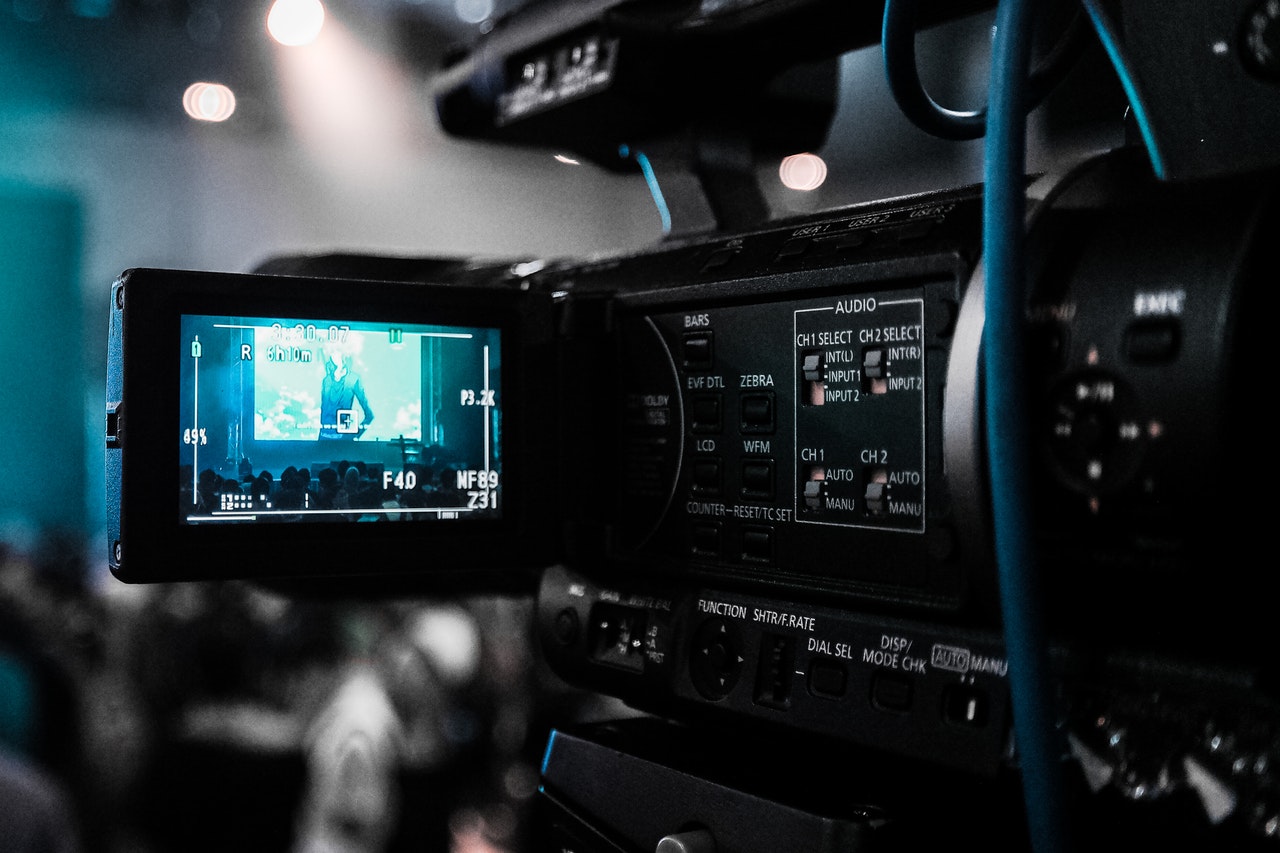During the current crisis managed predominantly through social distancing, it has become inevitable for interviews to be conducted online. The most common form of online job interviews are done over Video calls – be it through Skype, Microsoft Teams or Zoom. This article shares the best 6 tips for a successful video interview.
Preparing for a Successful Video Interview

Some of us are lucky enough to be able to work from home. Others are even luckier in being offered new employment opportunities.
So what does this mean when it comes to getting lined up for your next interview? Should I prepare differently than a traditional interview? The good news is that most of the tips we talked about in previous posts about preparing for a face-to-face interview, still hold for video interviews.
However, there are other things to consider. Stay tuned to find out some great tips to ace a successful video interview.
Before the Video Interview
1. Prepare questions before the interview

This is similar to traditional face to face interviews – you must always prepare your questions before hand. Whether you simulate the questions through a monologue, or actually asking your friend for a mock interview (ideally through Skype or something similar), come up with a list of questions you are likely to be asked, and practice the responses.
We talk in more detail how to prepare for interviews in our eBook.
2. Prepare Your Interview Location

You will most probably conduct the video interview from your home due to the current crisis. But this tip can still hold for any other video conference setup – a number of job candidates apply for foreign jobs and conduct a remote interview.
What you need to make sure is to think about these things:
a. Backdrop: Avoid a cluttered backdrop – ideally your backdrop should be a wall with no pictures or frames.
b. Lighting: Make sure you have the light facing you and not from behind, to avoid any silhouettes.
c. Noise: Whether you got kids or flatmates, you need to ensure that you have some sort of privacy sorted for the day of the interview. Talk with your partner or flatmate to keep your room free for the duration of the interview.
3. Prepare Your Technical Setup

Make sure to know on which medium your video interview will be conducting so you can download the software before the interview.
After downloading the software, test the microphone and camera settings. This is also a good time to prepare the mock interview with your friend just to confirm that your setup is correct and ready to use.
You need to position your camera in away that your head, neck and shoulders are showing in the entire frame.
4. Dress Code

If you are working from home, chances are your attire is ‘dress down’. However, you would probably dress up when you have an important meeting with a client.
The same rule applies here when going for the interview. It might sound strange to put on a suit while working from home or conducting the video interview, but that’s how you look professional and credible when you talk.
During the Actual Video Interview
5. Contingency When Things Go Wrong

Just before kicking off the actual interview, and after the greetings, it is a good idea to share your contact number with your interviewer. Imagine the Internet connection drops, your computer freezes, or your microphone stops working – you definitely want to be able to shift the interview to a phone interview.
6. Body Language and Posture

Most people feel more comfortable talking during face to face interviews, and expressing themselves better through correct body language and posture.
In a video interview, these cues are still paramount. However most of us are not trained well in conducting video interviews and our body language and posture will start showing out.
Therefore, remember these few tips:
a. Sit up straight: The moment you sit up straight, you are already feeling confident. It will help you throughout the interview, even if you are nervous. We talk a lot about this concept in our eBook.
b. Smile: We tend to look at the camera with a poker face. It is our natural instinct. Practice smiling. This will transmit positivity and a sense of looking forward to the new job.
c. Eye Contact: Sometimes we do not even look at the camera at all – again, this is normal. You have to practice looking at the camera as if its lens were the interviewer’s eyes. Of course, do not go for deep stares, just touch and go, to simulate engagement with the interviewer.



